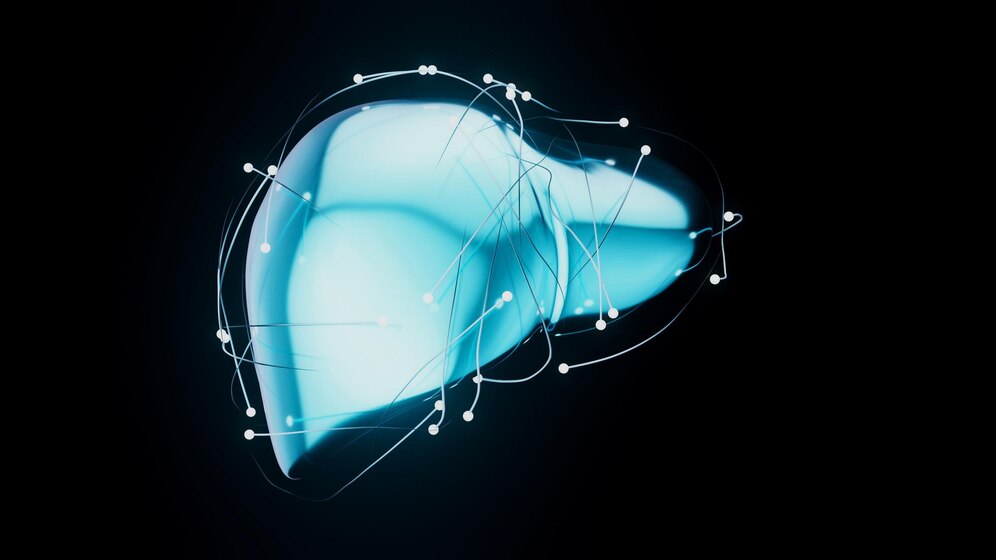The term “liver detox” is often thrown around as a quick fix for various health concerns. However, it’s important to understand that the liver is a remarkably self-sufficient organ, constantly working to remove toxins and waste products from your body. While certain lifestyle changes can undoubtedly support your liver’s natural function, the concept of a quick “detox” is often misleading and potentially harmful. Let’s delve into the fascinating world of your liver, explore effective ways to support its health, and debunk the myths surrounding liver detox fads.
Understanding Your Liver: The Body’s Powerhouse
Your liver is the unsung hero of your internal ecosystem. This fist-sized organ, located in your upper right abdomen, performs over 500 crucial functions, including:
- Filtering toxins and waste products: Your liver acts as a natural filter, processing everything from medication and alcohol to byproducts of digestion. It then removes harmful substances through bile or urine.
- Producing essential proteins: Your liver plays a key role in creating vital proteins like albumin, which helps maintain fluid balance in your body, and clotting factors essential for blood clotting.
- Regulating blood sugar: Your liver stores excess glucose (sugar) as glycogen and releases it back into the bloodstream when your body needs energy.
- Aiding digestion: Your liver produces bile, a digestive juice that breaks down fats and aids in nutrient absorption.
Liver Health: Habits for a Thriving Liver
Instead of focusing on temporary “detoxes,” the key to optimal liver health lies in adopting sustainable lifestyle changes. Here are some powerful ways you can support your liver’s natural detoxifying abilities:
- Embrace a balanced diet: Choose a diet rich in fruits, vegetables, and whole grains. These foods are packed with antioxidants and fiber, which help your liver eliminate toxins efficiently.
- Limit processed foods, saturated fats, and added sugars: These foods can put excess strain on your liver and contribute to fatty liver disease over time.
- Maintain a healthy weight: Excess body weight can lead to fatty liver disease. Losing weight even by a small margin can significantly improve your liver health.
- Drink plenty of water: Water is essential for flushing out toxins from your body. Aim for 8-10 glasses of water daily.
- Limit alcohol consumption: Excessive alcohol intake can damage liver cells. If you choose to drink alcohol, do so in moderation, with women consuming no more than one drink per day and men no more than two.
- Get regular exercise: Regular physical activity, even moderate-intensity exercise for 30 minutes most days of the week, can improve liver health and reduce the risk of fatty liver disease.
- Manage stress effectively: Chronic stress can negatively impact your liver health. Practices like yoga, meditation, or deep breathing can help manage stress effectively.
- Get vaccinated against hepatitis: Hepatitis A and B are viruses that can cause liver inflammation and damage. Vaccination is the most effective way to prevent these infections.
- Consult your doctor before taking supplements: While some natural supplements claim to support liver health, it’s crucial to speak to your doctor before taking any supplement, as they can interact with medications or have unintended side effects.
Debunking the Myths: Why “Liver Detox” Fads Don’t Work
While the idea of a quick fix for liver health might sound appealing, it’s essential to understand that the concept of “liver detox” is often based on misinformation. Here are some key reasons why these fads are not only ineffective but can sometimes be harmful:
- The liver is self-sufficient: Your liver is constantly working to detoxify your body. It doesn’t need additional “cleansing” through special diets or supplements.
- Liver detoxes often lack scientific evidence: Many marketed “liver detox” products lack credible scientific evidence to support their claims of improved liver function or detoxification.
- Some detoxes can be harmful: Certain extreme detoxes, such as restrictive juice cleanses or herbal supplements, can deprive your body of essential nutrients and even lead to adverse effects like electrolyte imbalances or liver damage.
Embrace a Liver-Friendly Lifestyle for Optimal Health
Instead of falling prey to misleading “liver detox” trends, focus on incorporating these simple, sustainable practices into your daily life. By nourishing your body with a balanced diet, maintaining a healthy weight, and prioritizing self-care practices like regular exercise and stress management, you can empower your liver to function optimally and contribute to your overall well-being. Remember, a thriving liver lays the foundation for a healthier and happier you.
